- Home
- Medicine
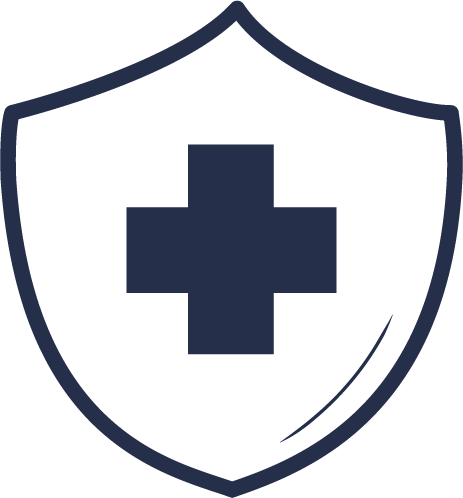 Allergy & Clinical Immunology
Allergy & Clinical Immunology  Anesthesiology
Anesthesiology 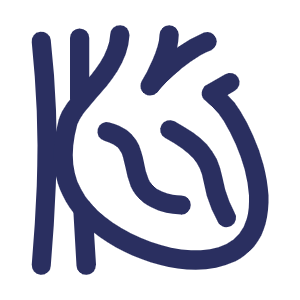 Cardiovascular Diseases
Cardiovascular Diseases  Dermatology
Dermatology  Diabetes & Endocrinology
Diabetes & Endocrinology  Emergency Medicine & Critical Care
Emergency Medicine & Critical Care  ENT & HN
ENT & HN  Family Medicine
Family Medicine  Gastroenterology
Gastroenterology  General Surgery
General Surgery  Geriatrics
Geriatrics  Hematology & Oncology
Hematology & Oncology  Infectious Diseases
Infectious Diseases  Nephrology & Urology
Nephrology & Urology  Neurology
Neurology  Nutrition
Nutrition  OB-GYN
OB-GYN 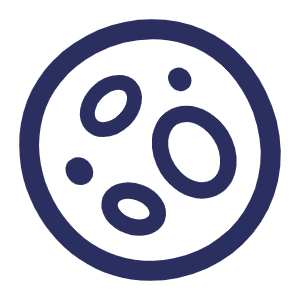 Ophthalmology
Ophthalmology 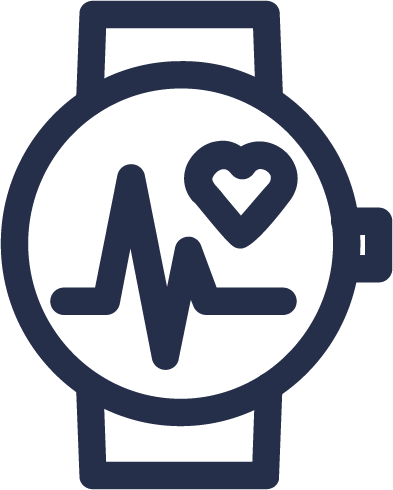 Orthopedics & Sports medicine
Orthopedics & Sports medicine  Pediatrics
Pediatrics  Plastic Surgery
Plastic Surgery  Psychiatry & Mental Health
Psychiatry & Mental Health  Public Health & Prevention
Public Health & Prevention 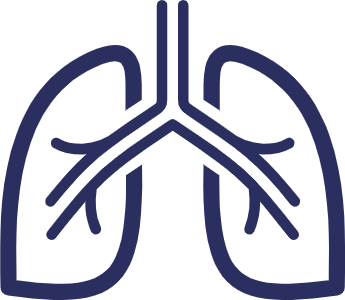 Pulmonology
Pulmonology  Rheumatology
Rheumatology 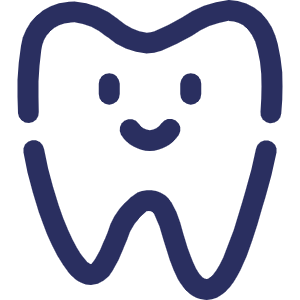 Stomatology
Stomatology  Sleep
Sleep
- Conference
- Research
- Education
- About
- Home
- Medicine
 Anesthesiology & Pain
Anesthesiology & Pain  Cardiology & Vascular surgery
Cardiology & Vascular surgery  Dermatology
Dermatology  Diabetes & Endocrinology
Diabetes & Endocrinology  ENT & HN Surgery
ENT & HN Surgery  Emergency Medicine & ICU
Emergency Medicine & ICU  Epidemiology & Public Health
Epidemiology & Public Health  Family Medicine
Family Medicine  Gastroenterology
Gastroenterology  Geriatrics
Geriatrics  Hepatobiliary & Pancreas Surgery
Hepatobiliary & Pancreas Surgery  Immunology & Rheumatology
Immunology & Rheumatology  Nephrology & Urology
Nephrology & Urology  Neurology
Neurology  Nutrition
Nutrition  Obstetrics & Gynecology
Obstetrics & Gynecology  Oncology
Oncology 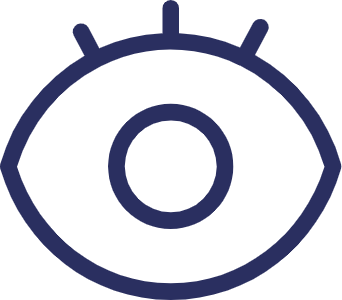 Ophthalmology
Ophthalmology  Orthopedics & Sports medicine
Orthopedics & Sports medicine  Pediatrics
Pediatrics  Psychiatry
Psychiatry  Pulmonology
Pulmonology  Reproduction
Reproduction  Stomatology
Stomatology
- Conference
- Research
- Research Tools
- PanDraw
- PanWrite
- PanRead
- Find Peers
- GuideLine
- Medical Scales
- Research Analysis
- Research Features2.0
- Research Reports
- Education
- Explore all
- Education
- Resources
- Medical Student
- Physician
- Medical Faculty
- About

